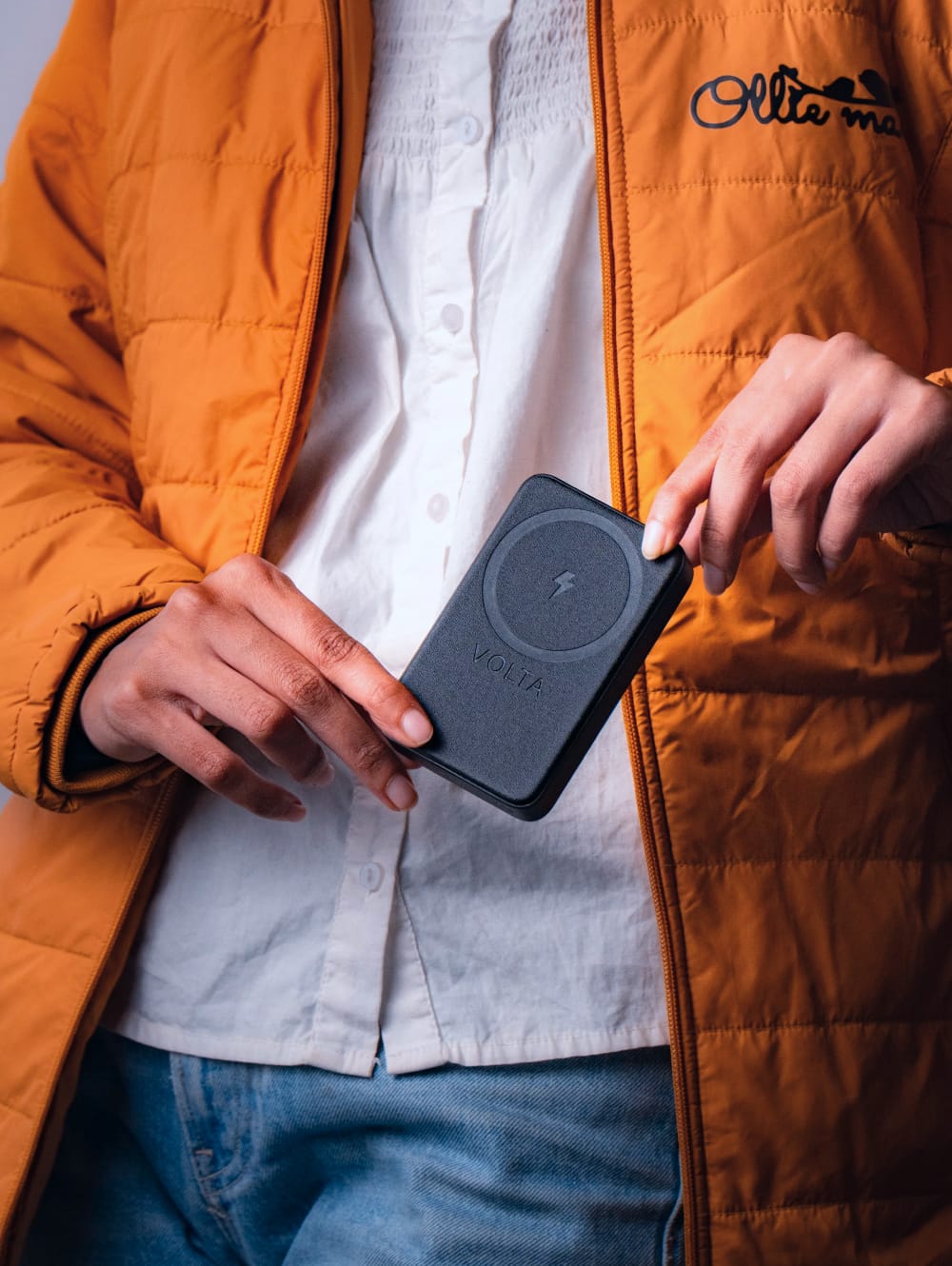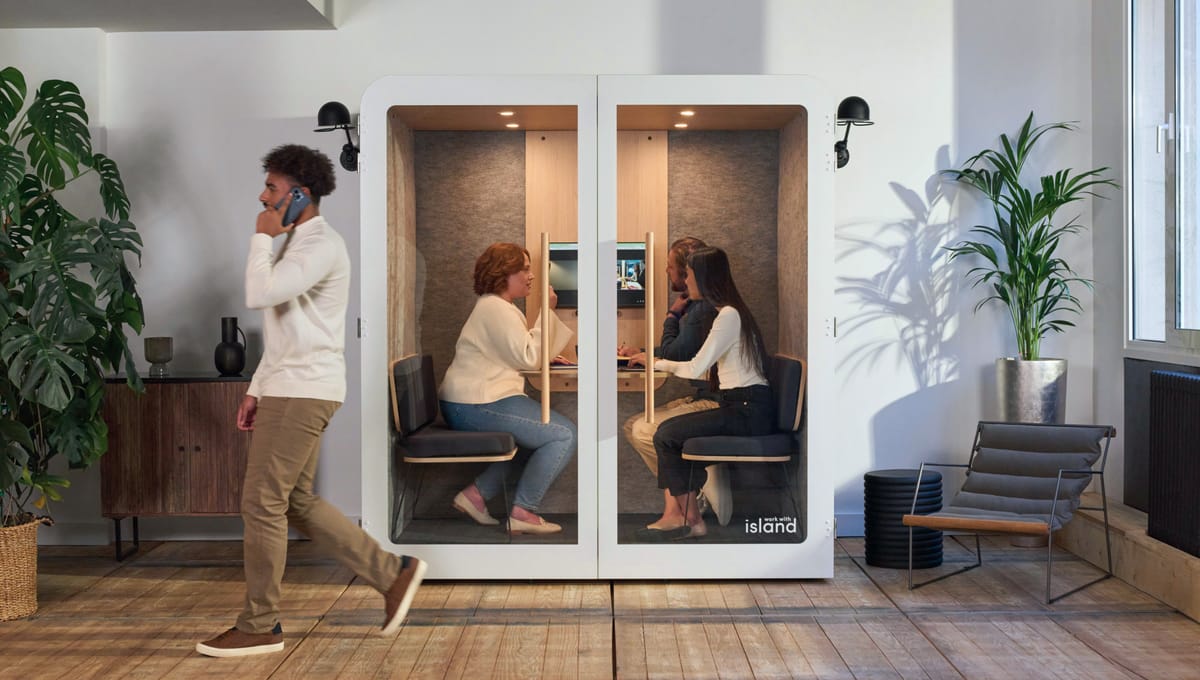In today's fast-paced world, technology has evolved into more than just a tool—it's a driving force behind major changes in both business and personal experiences. 2023 marks a pivotal year in technological advancement, with innovations like artificial intelligence (AI), machine learning, automation, and the Internet of Things (IoT) seamlessly integrating into daily life. The once clear line between science fiction and reality has blurred, as AI-driven technologies now solve complex problems, enhance decision-making, and personalize experiences. Nowhere is this transformation more evident than in healthcare, manufacturing, and how we interact with the world around us.
Artificial Intelligence: Revolutionizing Healthcare
AI-Driven Diagnosis and Personalized Care
Artificial intelligence has made incredible strides in healthcare, offering new ways to diagnose diseases, predict patient outcomes, and tailor treatments to individual needs. Thanks to AI-powered algorithms, diseases can now be detected at earlier stages, allowing healthcare to become more efficient, cost-effective, and patient-centric.

For instance, AI in radiology enables doctors to analyze medical images, such as MRIs and CT scans, faster and with greater accuracy. These AI systems identify patterns that might otherwise be missed by human eyes, leading to earlier detection of diseases like cancer, which in turn improves patient outcomes. In oncology, AI’s ability to sift through vast amounts of data helps physicians craft more personalized treatment plans by predicting how a disease might progress in different patients.
AI’s Role in Drug Development
AI’s impact is not limited to diagnostics; it is also playing a crucial role in accelerating drug discovery. By simulating disease progression and drug interactions, AI can drastically reduce the time it takes to develop new treatments. This innovative approach allows researchers to model and test new therapies more efficiently, potentially bringing life-saving drugs to market much faster.
Automation: Redefining Work and Productivity
Streamlining Business Operations
In 2023, automation technologies are revolutionizing the workplace across multiple industries, transforming how companies manage tasks and enhancing productivity. Businesses in sectors ranging from manufacturing to customer service are widely adopting automation tools to streamline operations, reduce human error, and allow employees to focus on more strategic, creative endeavors.
"I think it was very convenient for us to divide the communication on the web, which is the result of PR activities, publicity, and something that comes almost exclusively from us – social media communication, for example.”
Automating Manufacturing and Customer Service
In manufacturing, automated machines now handle complex assembly processes with incredible precision, enabling faster production times without sacrificing quality. Robots and automated systems are increasingly taking over repetitive tasks, reducing costs, and boosting efficiency.


In the service sector, AI-powered chatbots and virtual assistants are reshaping customer service. These tools offer instant support, resolve common issues, and handle a high volume of inquiries—eliminating the need for constant human oversight. This shift allows businesses to focus on improving customer experiences while reducing operational costs.
The Internet of Things (IoT): Connecting Everything
Building Smarter Homes and Cities
The Internet of Things (IoT) continues to expand rapidly, connecting everyday devices and transforming how we interact with our surroundings. From smart homes to connected vehicles, IoT is making life more convenient, energy-efficient, and safer.
Imagine walking into your home, and the lights automatically adjust to your preferences, the thermostat sets the perfect temperature, and your favorite music starts playing. This once futuristic scenario is now a reality for many people, as IoT-enabled devices make it easier to control home environments with a single tap or voice command.
IoT in Smart Cities and Public Spaces
Beyond individual homes, IoT is also playing a crucial role in building smarter cities. IoT systems in urban areas manage traffic flow, monitor energy usage, and enhance public safety by connecting infrastructure and providing real-time data for more efficient city planning.
What’s Next for Technological Innovation?
Looking ahead, the pace of technological change will continue to accelerate. As AI, automation, and IoT evolve, they will undoubtedly shape the future of how we live, work, and interact. From transforming healthcare to redefining industries, these innovations are not just improving individual experiences—they are reshaping entire ecosystems for a more connected, efficient, and sustainable world.
Technological innovation isn’t slowing down—it’s driving us into a smarter, more interconnected future.





Comments